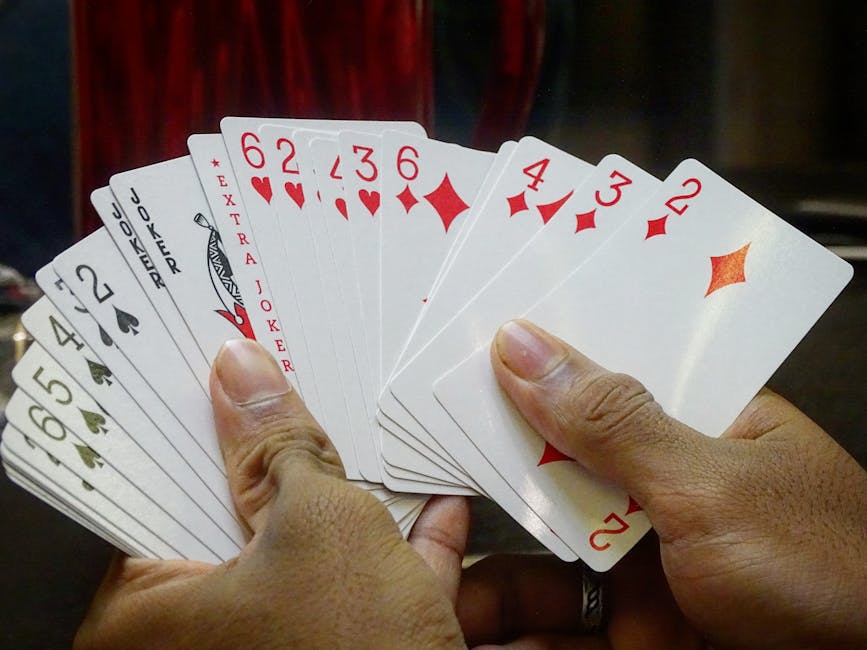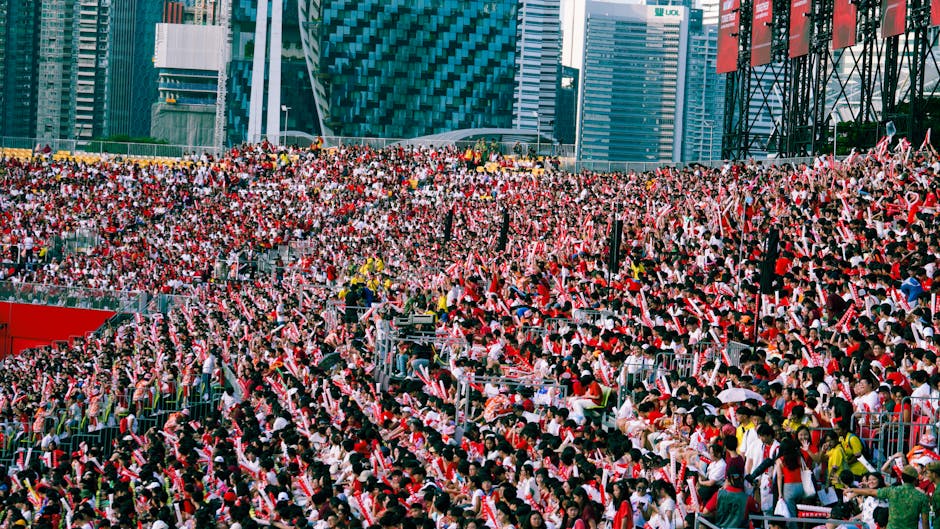It was a whirlwind tour of pomp, pageantry, and high-stakes diplomacy. When President Donald Trump embarked on his marathon tour of Asia, the world watched with intensified scrutiny. The trip was a complex tapestry of trade talks, security assurances, and personality-driven politics. To cut through the noise of official statements, we turn to the analysis of seasoned BBC correspondents, whose on-the-ground reporting offers a nuanced scorecard of the president’s diplomatic foray.
Here’s their breakdown of the wins and the potential long-term losses from Trump’s week in Asia.
Diplomatic Wins: A United Front on North Korea and Personal Chemistry
According to BBC correspondents, the Trump administration can claim several victories, primarily in optics and alliance management.
First, the tour successfully projected a powerful, unified stance on North Korea. In both Tokyo and Seoul, Trump’s tough rhetoric was largely welcomed as a sign of American resolve. The BBC’s Seoul correspondent noted that while some locals were nervous, the overarching message of an unbreakable US-South Korea alliance provided crucial reassurance against Pyongyang’s nuclear ambitions. This was a key objective for Washington.
Second was the spectacular reception in Beijing. The “state visit-plus” treatment from President Xi Jinping was a masterclass in diplomacy, which visibly impressed Trump. For a president who values personal relationships, this was a significant achievement. BBC’s China editor highlighted that this red-carpet treatment allowed Trump to announce over $250 billion in trade deals. While many are non-binding, the headline figure itself is a political win back home.
Finally, the simple act of engaging personally with leaders from Japan’s Shinzo Abe to the Philippines’ Rodrigo Duterte helped soothe regional anxiety about America’s commitment to Asia.
Potential Losses: Ceding Ground on Trade and Human Rights
Beneath the gilded surface, the BBC’s analysis points to significant potential downsides and strategic missteps.
The most glaring issue was the “America First” trade policy. The president’s withdrawal from the Trans-Pacific Partnership (TPP) has created a power vacuum. A BBC economics correspondent argued that while Trump decried unfair trade practices, his approach offered no clear alternative. This has left Asian nations to pivot further into China’s economic orbit as Beijing pushes its own regional trade deal, the RCEP. America’s absence from the table is a clear loss of influence.
Furthermore, reporters in Beijing echoed concerns that in his bid to flatter President Xi, Trump may have inadvertently ceded strategic ground. By downplaying China’s trade surplus and focusing on his personal chemistry with Xi, he arguably softened the US stance on critical issues. The image of a US president praising his Chinese counterpart in the Forbidden City projected an image of two equal powers—a long-held goal of Beijing—and signaled a potential shift in the regional power balance.
Lastly, the sidelining of human rights was a major concern. Cordial meetings with leaders like Duterte, without public condemnation of his controversial policies, were seen by many as a tacit endorsement. This undermines America’s traditional role as a champion of democratic values.
Final Analysis: A Tactical Success or a Strategic Retreat?
The BBC correspondents paint a picture of a trip with two distinct narratives. On one hand, it was a tactical success: alliances were affirmed, the message on North Korea was strong, and the visuals were presidential. On the other, it may represent a strategic retreat. By prioritizing bilateral deals over regional frameworks and personal praise over principled stands, the tour left a lingering question: Is “America First” slowly leading to America alone in the world’s most dynamic region?




